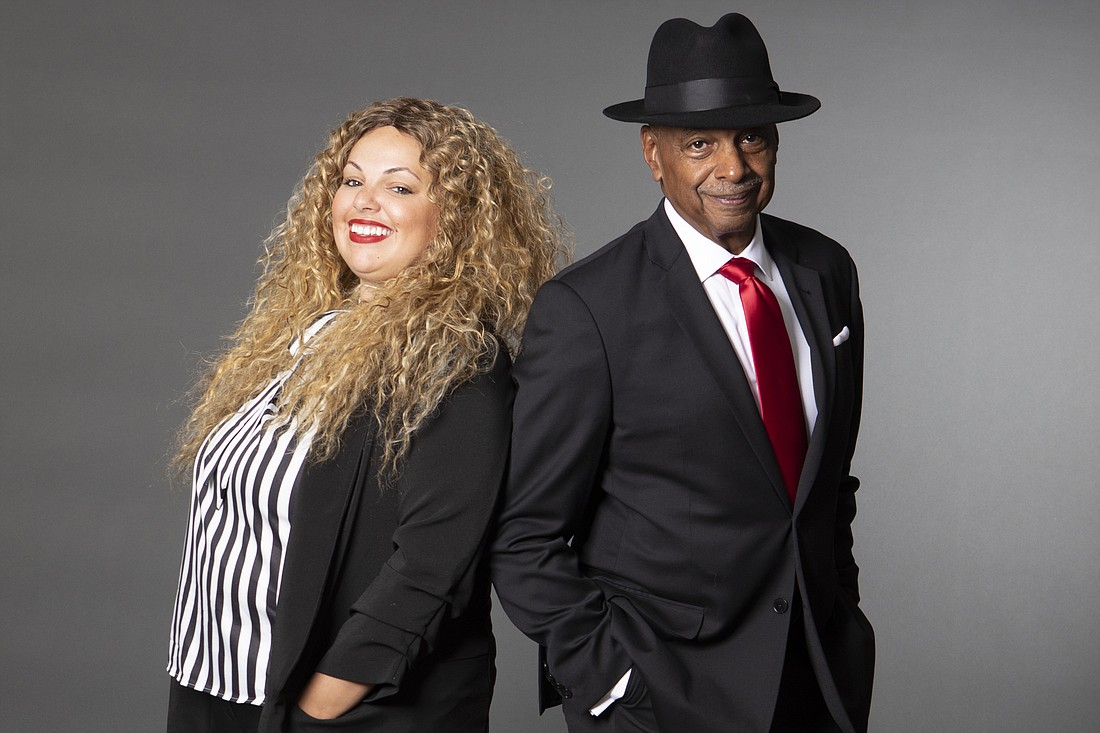- October 22, 2024
-
-
Loading

Loading

In 2021, Clearwater-based cybersecurity firm KnowBe4 wanted to install a diversity, equity and inclusion program — and picked Chelly Conley to run it.
Conley had worked in human resources at several companies in the Tampa region since graduating from University of South Florida in 2013. Now she was tasked with starting a program and office that KnowBe4, an internet security firm with 1,700 global employees, had never possessed.
The daunting mission, as director of the company's new Global Diversity, Inclusion and Belonging department, did not intimidate her.
"I'm a lifelong learner," says Conley, who completed her MBA at St. Leo University in 2022. "I love teaching."
Conley says the U.S. population is getting more diverse, and corporations need to be prepared for the shift in demographics. The cultural changes lead to different perceptions and needs — "different realities" for people — and companies need to be able to accommodate the differences in their collective employee pool.
That pool tends to be the No. 1 asset of businesses.
"Employees are going to be the heart of these businesses," says Conley. "You want employees to be able to perform their best. In order to do that, you have to care about them."
But one-size-fits-all management of human resources doesn't really work anymore.
"Everyone is different," says Conley. "It makes it complex. How you get people to work as a unit toward a common goal."
To help businesses and organizations do that, Conley believes organizations should try to incorporate diversity, equity and inclusion in every aspect of the business. But the vision and goals have to be clear, and certain behaviors that are not tolerable need to be defined, Conley says.
Still, her goal is not to police behavior, she says. It's to enhance the organization, to help people feel more accepted.
Conley credits her mentor, her father, Chuck, who was involved in human resources. Her father helped her understand people and different perspectives, she says.
"He always taught me to look at the other side of the coin," says Conley.